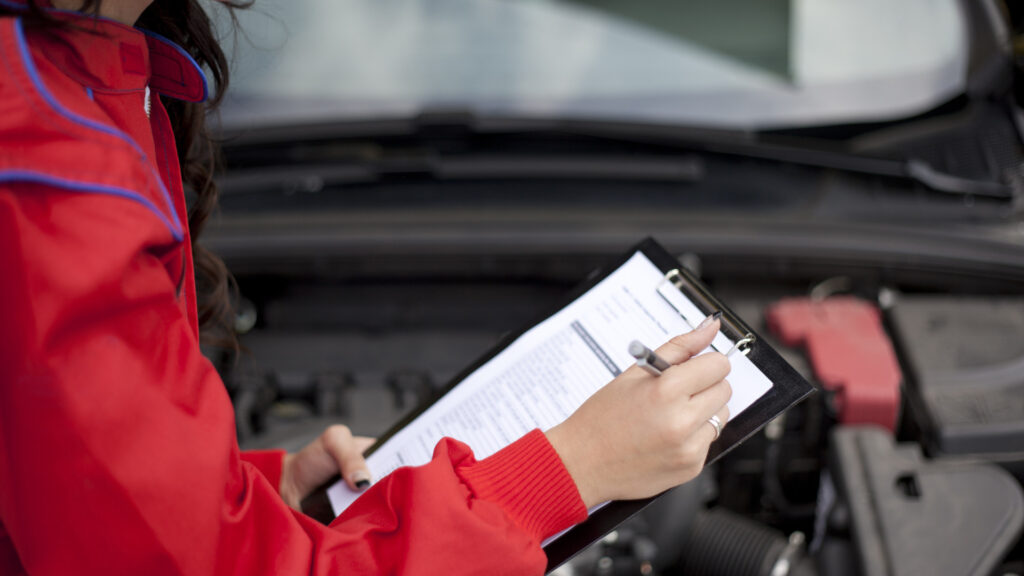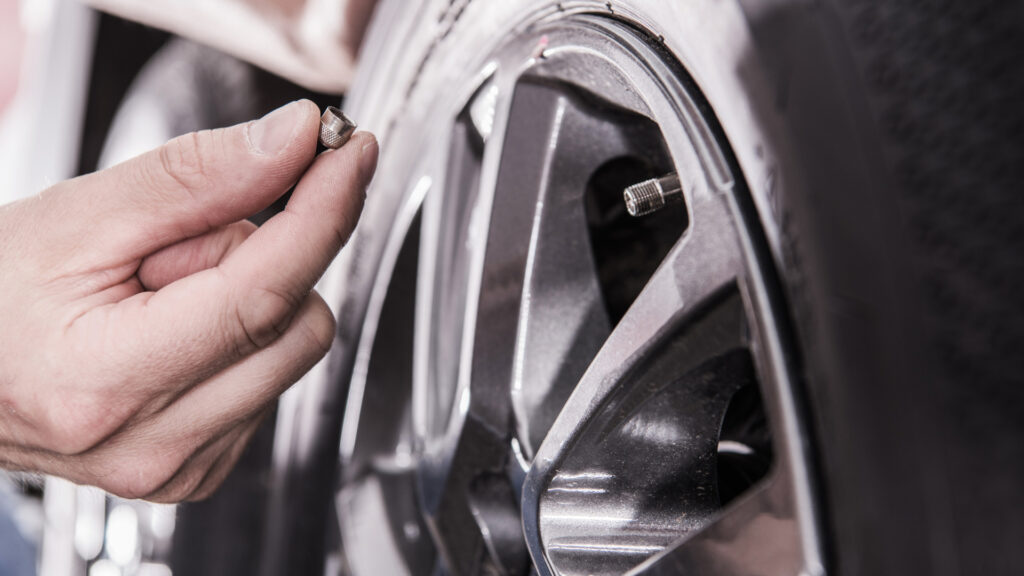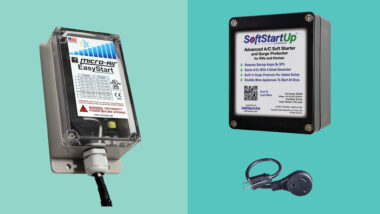Table of Contents Show
Buying an RV is a major purchase, and you want to do all you can to avoid making a bad investment.
Many consumers know the various laws protecting buyers when purchasing passenger vehicles. However, RVs aren’t passenger cars, and the rules and regulations can be confusing.
So can RV lemon laws help you avoid making a costly financial mistake?
Today, we’re looking at the various laws and protections available to consumers purchasing an RV. Unfortunately, what we’ve discovered might surprise you! Let’s get started!
What Are Lemon Laws?
Lemon laws are state laws that provide consumers with legal protections for defective products. These are specific for vehicles that fail to meet certain quality and performance standards.
Laws vary from state to state but typically provide for a replacement or refund if the manufacturer can’t repair the problem after a certain number of attempts.
The purpose of lemon laws is to protect consumers from being stuck with a defective vehicle. They also ensure manufacturers remain accountable for producing and selling products that meet basic standards of quality and reliability.
If your vehicle qualifies, it is a good idea to review your state’s lemon law and consult with an attorney specializing in this.
Why Do They Call It a Lemon Law?
People have used the term “lemon” to describe items of substandard quality for more than 100 years. Many believe the use of lemon originated in Britain and began appearing in American vocabulary in the early 1900s.
However, during the 1960s, the term was adopted by consumers to describe worthless vehicles.
Some believe the term originates from the popular phrase, “when life gives you lemons, make lemonade.” The phrase means to make the best of a bad situation, with the lemons being the bad situation. Investing in a worthless vehicle would most definitely qualify as a bad situation.
The final theory for why people call them lemon laws involves a lemon-shaped symbol used by car dealers.
Those who buy into this theory state that dealers use the symbol to mark trade-in vehicles with serious issues or defects. Dealers may only want to purchase the vehicle after doing a careful inspection of the vehicle.
Do Lemon Laws Apply to RVs?
In our research, we uncovered only seven states that offer motorized RV owners the same lemon laws as standard passenger vehicles. In addition, 19 states provide some lemons laws, but they don’t cover the livable space, which is what makes it an RV.
The other half of the states completely exclude motorized RVs from lemon laws. But what about towable RVs?
Unfortunately, the news for towable RVs isn’t any better regarding lemon laws. Generally, the states that cover towable RVs only cover the chassis. These laws don’t include any appliances or features that make the RV liveable.
You’ll need to cross your fingers that you can get a transferable warranty if you buy a used rig.
What States Have Lemon Laws for Towable RVs?
Unfortunately, the only states that clearly state lemon laws apply to towable RVs are Connecticut and Texas. Approximately half of the states in the country offer some for towable RVs.
However, you may have restrictions regarding whether the trailer was sold, registered, or manufactured in the state.
The states that offer some lemon laws for towable RVs include California, Delaware, Washington D.C., Florida, Georgia, Idaho, Indiana, Iowa, Kansas, and Kentucky.
These also include Louisiana, Maine, Maryland, Michigan, Minnesota, Montana, Nebraska, New Jersey, New Mexico, New York, North Carolina, and North Dakota.
Oklahoma, Oregon, Pennsylvania, South Carolina, Utah, Vermont, West Virginia, Wisconsin, and Wyoming also have some laws for towables. However, rules and regulations are constantly changing.
Since lemon laws vary from state to state, you must check the laws specific to you. You don’t want to wait until you’ve already purchased a lemon to discover that it’s exempt from lemon laws.
Tips to Avoid Buying a Lemon RV
Luckily, there are a handful of things consumers can do to avoid purchasing a lemon RV.
Let’s look at a few tips we’ve discovered to help make an informed decision when purchasing an RV.
Hire an Inspector
Hiring an RV inspector can cost you hundreds of dollars, but they’re worth every penny. These experts will go through the various components of your RV and look for any potential issues.
They’ll typically test the electrical, plumbing, and slides. And they’ll look for any obvious signs of mechanical issues that would become your problem once you sign on the dotted line.
Whether you purchase from a dealer or a private sale, the seller should have no issues with you hiring a third-party inspector.
If they do, this could be an obvious sign that they’re trying to hide something or pull a fast one on you. You should run as fast as you can away from these deals.
Keep in Mind: This RV Dealership Denied Access to Buyer’s Inspector! Click the link to learn more about what happened.

Educate Yourself
In addition to hiring an inspector, you need to educate yourself. It’s normal for RVs to experience issues, even if they’re brand new.
You must educate yourself on the various components in your rig to know what’s fixable and what’s not. Having an idea of what to look for and keep an eye on can help you catch small issues before they become major problems.
When you’re spending $20,000, $50,000, or even $100,000 on an RV, it’s nothing to take lightly. Educating yourself can help you to know when a deal sounds too good to be true.
An educated shopper will proceed cautiously if they find their dream RV at a severely discounted price. Or else you’ll want to look at some RV lemon laws to back you up.
Check the Tire Date and Condition
It’s easy to get caught up in checking all of the appliances and features of an RV that you overlook the tires. However, you must check the date and the condition of the tires.
Ones with abnormal or uneven wear in the tread can be a sign of a potential issue. You don’t want to haul your new-to-you RV home and take it straight to the repair shop.
Additionally, the condition of the tires matters. If the tires near the end of their lives, you could have a blowout before replacing them.
A blown tire can do a tremendous amount of damage to a rig. We’ve seen RVers experience several thousands of dollars in repairs from damage caused by a single blown tire.

Know Your Warranties
When purchasing an RV, you need to know what warranties come with it. Unfortunately, you can’t take the seller’s word for it when it comes to what warranties transfer.
Take the time to do research. Some RVers have bought used RVs and discovered the manufacturer’s structural warranty doesn’t transfer.
Luckily, many of the appliances inside your rig will come with warranties. The water heater, microwave, and refrigerator will have separate warranties.
Since replacing these appliances can cost hundreds or even thousands of dollars, you’ll want to know what the warranty will still cover and how much.
You may not get covered by RV lemon laws for things inside your RV.
Keep in Mind: Considering buying an RV Lot? Before you make your purchase, take a look at if Buying An RV Lot a Good Investment.
Look for Maintenance Records
It’s a good sign if a seller has detailed maintenance records. If this is the case, you can have some assurance that the owner took good care of the rig.
Does it mean you can expect the rig to perform flawlessly? Absolutely not.
However, if they’ve followed the recommended maintenance schedule, it can reduce your fears that you’re about to purchase a lemon.
Protect Yourself by Knowing RV Lemon Laws
You must do all you can to protect yourself from making a bad purchase. Knowing the RV lemon laws where you live is a good first step.
Buying an RV can be exciting as you dream about your future adventures. However, don’t let your emotions control you so much that you lose touch with reality. You’re making a large purchase, and you must do it carefully.
Having lemon laws to back you up in case something is amiss helps.






